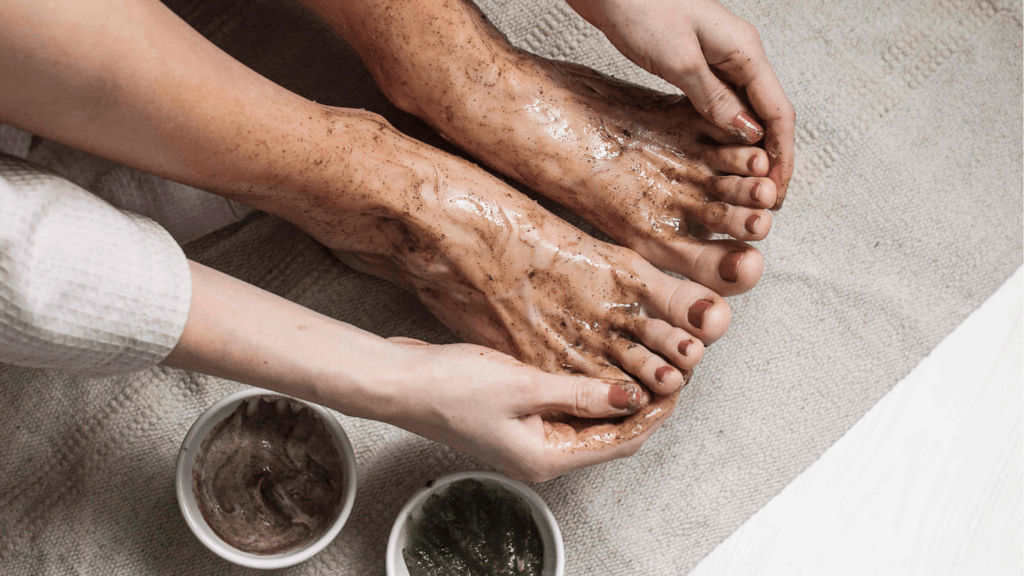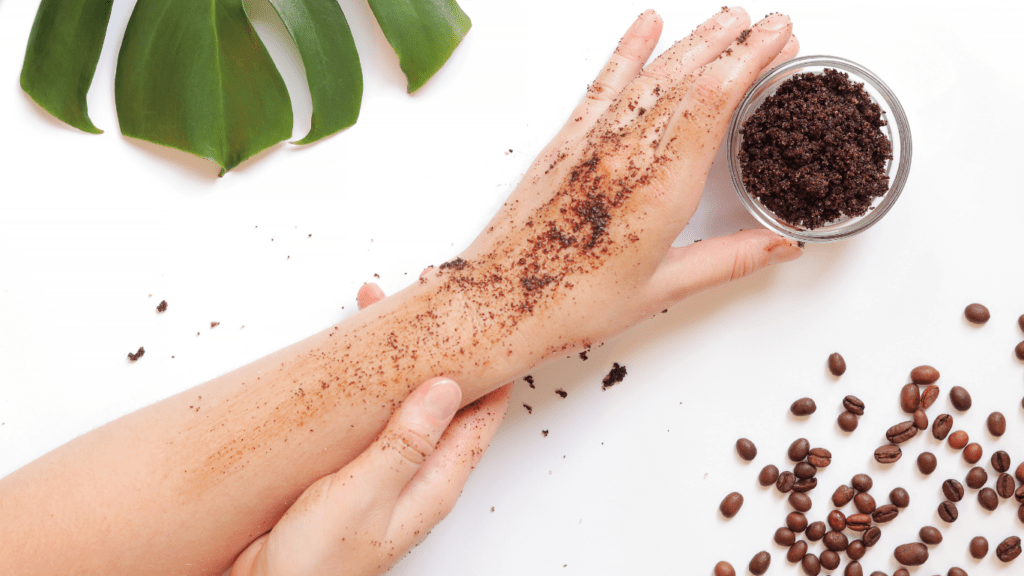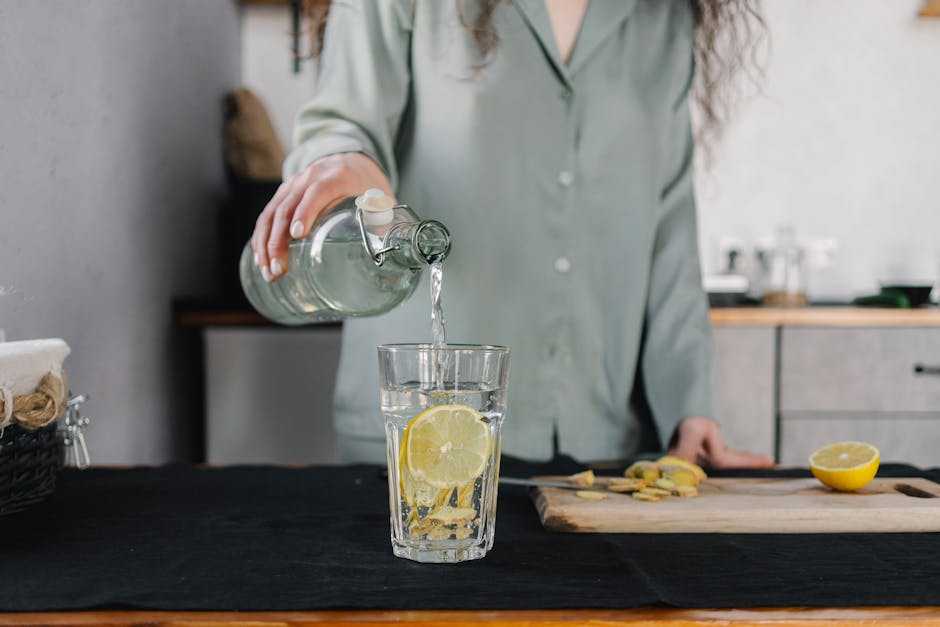The Benefits of DIY Body Scrubs
DIY body scrubs improve skin texture and appearance while being cost-effective. Homemade scrubs offer numerous benefits compared to store-bought ones.
Why Choose Homemade Over Store-Bought
Homemade scrubs allow control over ingredients, avoiding harmful chemicals found in some commercial products. Using natural components such as sugar, salt, and oils, ensures skin nourishment.
Customization is another benefit; you adjust recipes to fit specific skin types and needs. Homemade options are often more affordable, making them accessible for regular use.
Key Ingredients for Effective Scrubs
Key ingredients in DIY scrubs offer essential benefits:
- Sugar: Exfoliates gently, suitable for sensitive skin.
- Salt: Provides deep exfoliation, ideal for tougher skin.
- Oils (e.g., coconut, olive): Moisturize and nourish, enhancing skin softness.
- Honey: Acts as a humectant, retaining skin moisture.
- Essential Oils: Add pleasant scents and various skin benefits.
These ingredients create effective, natural scrubs that promote smooth, healthy skin.
Exploring the Top 5 DIY Body Scrubs

Here are my top five DIY body scrubs designed for various skin needs. These scrubs use natural ingredients that are easy to find and beneficial for skin health.
Coffee Scrub for Energizing Your Skin
Coffee scrubs exfoliate and rejuvenate. The caffeine in coffee stimulates blood flow, reducing cellulite and giving the skin a radiant glow. Combine 1/2 cup ground coffee, 1/4 cup coconut oil, and 1/4 cup brown sugar.
Apply to damp skin, massaging in circular motions, then rinse thoroughly.
Sugar and Honey Scrub for Gentle Exfoliation
This scrub offers gentle exfoliation and hydration. Sugar granules remove dead skin cells while honey moisturizes and soothes. Mix 1/2 cup granulated sugar, 2 tablespoons honey, and 1/4 cup olive oil.
Massage onto skin for a couple of minutes, then rinse off with warm water.
Sea Salt Scrub for Deep Cleansing
Sea salt scrubs deeply cleanse and detoxify. Sea salt grains exfoliate while drawing out impurities. Blend 1/2 cup sea salt, 1/4 cup olive oil, and 5 drops of essential lavender oil.
Gently rub into the skin, focusing on rough areas, then rinse with warm water.
Oatmeal Scrub for Sensitive Skin
Oatmeal soothes and gently exfoliates sensitive skin. It reduces redness and irritation while providing moisture. Combine 1/2 cup ground oatmeal, 2 tablespoons plain yogurt, and 1 tablespoon honey.
Apply to skin with circular motions, leaving it on for a few minutes before rinsing.
Citrus Scrub for Brightening
Citrus scrubs brighten and tone the skin. The vitamin C in citrus fruits promotes collagen production and skin renewal. Mix 1/2 cup granulated sugar, the juice of one lemon, and 1/4 cup almond oil.
Massage onto damp skin, then rinse thoroughly, revealing brighter, more even-toned skin.
How to Use Body Scrubs Effectively
Using body scrubs correctly maximizes their benefits. Ensure skin feels smooth and revitalized by following these guidelines.
Best Practices for Application
Apply body scrubs on damp skin to prevent irritation. I’ve found gentle circular motions work best for exfoliation without causing damage.
Use firm yet gentle pressure on thicker areas like elbows and knees, where exfoliation is often needed more. Always rinse thoroughly with lukewarm water to remove all scrub residue.
Frequency of Use for Optimal Results
The effectiveness of body scrubs depends on their usage frequency. For sensitive skin, I recommend using a scrub once a week to avoid over-exfoliation.
Normal skin types can handle two to three applications weekly. Oily skin benefits from scrubs up to three times a week. Adjust frequency if irritation or dryness occurs.
Additional Tips for Smooth Skin
Consistency in skincare routines is key to achieving smooth skin. Beyond using scrubs, consider the following tips to enhance skin texture.
Moisturizing After Scrubbing
Applying moisturizer immediately after scrubbing helps lock in moisture. I recommend using a hydrating lotion or body oil on slightly damp skin for optimal absorption.
Effective options include shea butter, coconut oil, and aloe vera gel. Moisturizing reduces the risk of dryness and irritation, leaving skin soft and supple.
Diet and Hydration for Skin Health
A balanced diet rich in vitamins and minerals supports overall skin health. Including foods high in antioxidants and omega-3 fatty acids, such as:
- berries
- nuts
- fish
can improve skin’s elasticity and glow. Staying hydrated by drinking at least 8 glasses of water daily helps maintain skin’s moisture balance. Hydrating foods like cucumbers, melons, and oranges also contribute to better skin hydration.


 Bradley Frankirly is a distinguished article writer at Body Care And Matter, bringing a unique perspective to the world of health and wellness journalism. With a keen eye for detail and a passion for storytelling, Bradley crafts articles that resonate deeply with readers, offering both informative content and a relatable narrative.
Bradley Frankirly is a distinguished article writer at Body Care And Matter, bringing a unique perspective to the world of health and wellness journalism. With a keen eye for detail and a passion for storytelling, Bradley crafts articles that resonate deeply with readers, offering both informative content and a relatable narrative.

